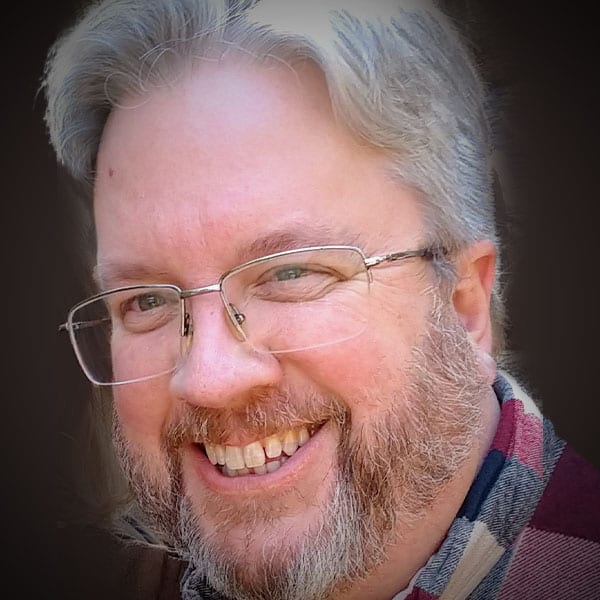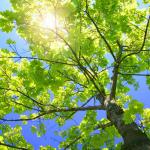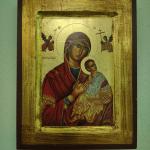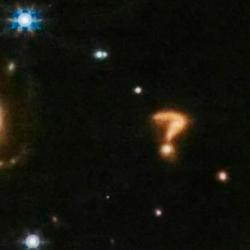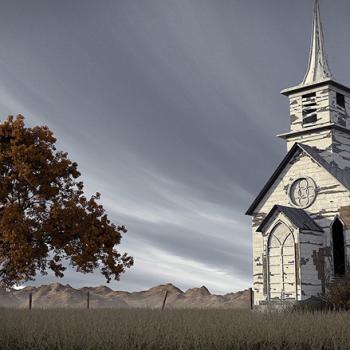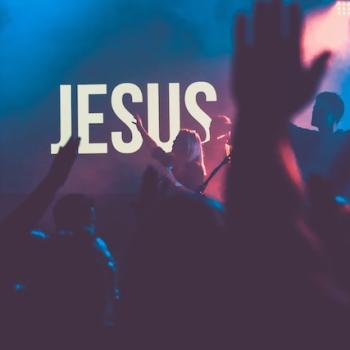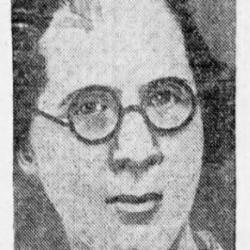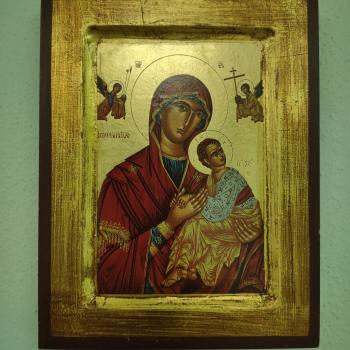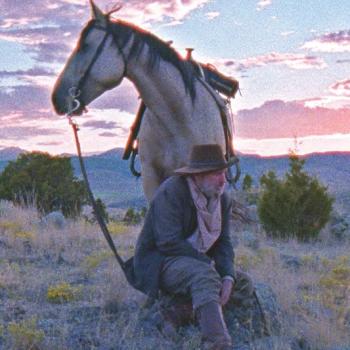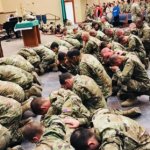A lot of my early ministry was filled with either/or thinking. The extent of me contemplating any idea was either it is true or false, right or wrong, and either it works or it does not. A body continues in motion unless acted upon by an outside force. It took many outside forces for me to break that mode of thinking. One of those was the first time I saw a Great Blue Heron in the “wild.” I use quotes because it was a relative term. For the bird, it was the wild. For me, it was a tamed place for safe adventures – Carolina Bible Camp. The heron, not understanding the camp was a holy place consecrated for Bible teaching, praying, and other shenanigans, availed itself of the fish in our pond.
Contemplating A Bird
I was an adult volunteer at the camp. Still, I had to look up what kind of bird I was seeing. The place where I grew up only had boring birds like sparrows and robins. Mourning doves and cardinals could be seen and heard in the neighborhoods. Birds became more interesting when someone decided to reintroduced red-tailed hawks into the area. These were the biggest wild birds I had seen until the heron realized there was easy food near us.
It had never occurred to me before to link wild and tame in the same place. Neither had I ever thought it could depend on my perspective. Gradually, sometimes painfully so, either/or was replaced with both/and. The process took decades.
Learning As Moral Formation
Today there are a number of species of hawks, raptors, herons, and other large birds where I live. This is largely due to leash laws. The prey animals for these species are abundant now. However, the changes in pesticide use and encroachment on wild areas also effect these populations. When I was a child, there was a marked difference between town, country, and wilderness. This was my world that one thing was one thing and another was another. How I related to those things depended on what they are. It was truly I-It as opposed to I-Thou. Neither of these two things were like the other either.
Does moral formation come with learning? Or does increased knowledge bring about moral formation? The books of Proverbs and Ecclesiastes differ on these questions. Learning and training bring about moral formation according to Proverbs. Ecclesiastes argues wisdom – moral formation – has another source entirely. Tending to one’s own affairs and giving due diligence to one’s duties are the best life anyone can hope to have. The trick is to do it.
Contemplating Living
Something deep inside of me insists Ecclesiastes is more correct than Proverbs. I spend time contemplating living. A priest told the story of his daughter deciding to spend part of her education living in a Russian village. When asked if it would be better to learn Russian language, literature, and culture in one of the larger cities, she replied, “I have learned these things already. Now I want to learn how to live.” Her response resonates with me.
When we consider the country-side can be just as important culturally as the city, we have taken a good step. But when we consider living within and not studying a culture from without matters more to one’s self, then we have found wisdom.
Both I-Thou And I-It
Let’s go back to the heron. If I relate to it at all, the relationship makes the bird an object first. I may never relate to the bird as a person. One reason is our brain structures differ significantly. My mammalian brain makes us strangers. I have to anthropomorphize the bird to think otherwise. Yet, I can relate to the ecology of which the bird is a part in both an I-It and I-Thou relationship. The reason is I am also a part of the ecology. One could say I am the observing part. But whatever else is true, my observation defines the ecological system to me. It is still my perspective.
What do I derive from the experience? The first benefit is acquiring knowledge with wisdom. The second benefit is the pleasure of sensations that come with being in the place. The third is the joy of watching this bird being awkward in taking flight until the birds body was in the right position. Like most things, it starts very slowly.


